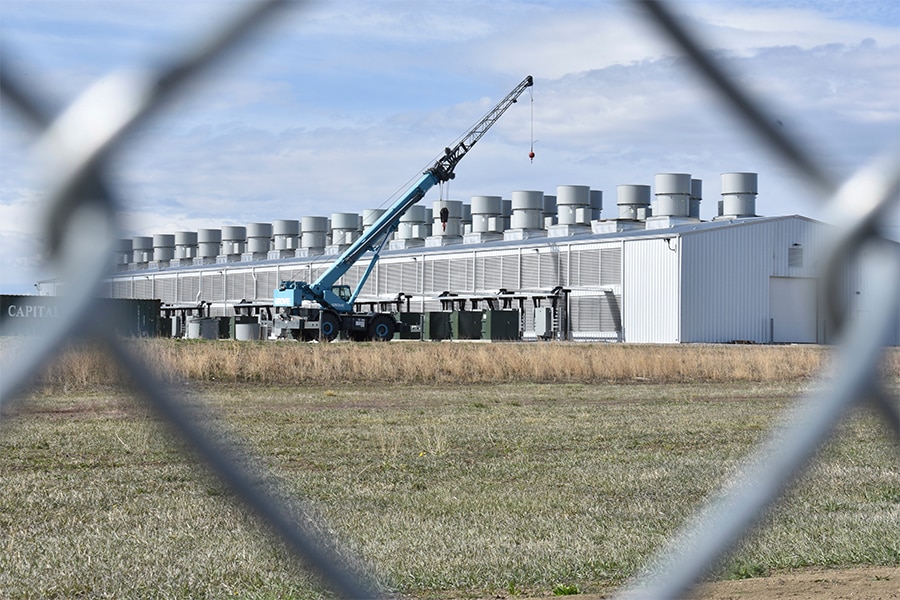
Bitcoin's new puzzle: How to ditch fossil fuels and go green
In the world of bitcoin mining, access to cheap and reliable electricity is everything. Many economists and environmentalists have warned that the process of mining digital currencies is becoming increasingly energy intensive and potentially unsustainable
 Many economists and environmentalists have warned that the process of mining digital currencies is becoming increasingly energy intensive. Image: AP Photo/Matthew Brown
Many economists and environmentalists have warned that the process of mining digital currencies is becoming increasingly energy intensive. Image: AP Photo/Matthew Brown
HELENA, Mont. (AP) — For the past year a company that "mines" cryptocurrency had what seemed the ideal location for its thousands of power-thirsty computers working around the clock to verify bitcoin transactions: the grounds of a coal-fired power plant in rural Montana.
But with the cryptocurrency industry under increasing pressure to rein in the environmental impact of its massive electricity consumption, Marathon Digital Holdings made the decision to pack up its computers, called miners, and relocate them to a wind farm in Texas.
"For us, it just came down to the fact that we don't want to be operating on fossil fuels," said company CEO Fred Thiel.
In the world of bitcoin mining, access to cheap and reliable electricity is everything. But many economists and environmentalists have warned that as the still widely misunderstood digital currency grows in price — and with it popularity — the process of mining that is central to its existence and value is becoming increasingly energy intensive and potentially unsustainable.
Bitcoin was was created in 2009 as a new way of paying for things that would not be subject to central banks or government oversight. While it has yet to widely catch on as a method of payment, it has seen its popularity as a speculative investment surge despite volatility that can cause its price to swing wildly. In March 2020, one bitcoin was worth just over $5,000. That surged to a record of more than $67,000 in November 2021 before falling to just over $35,000 in January.







